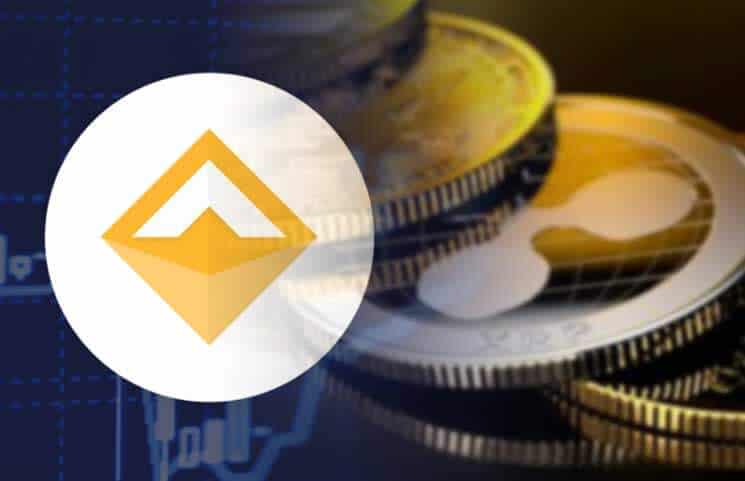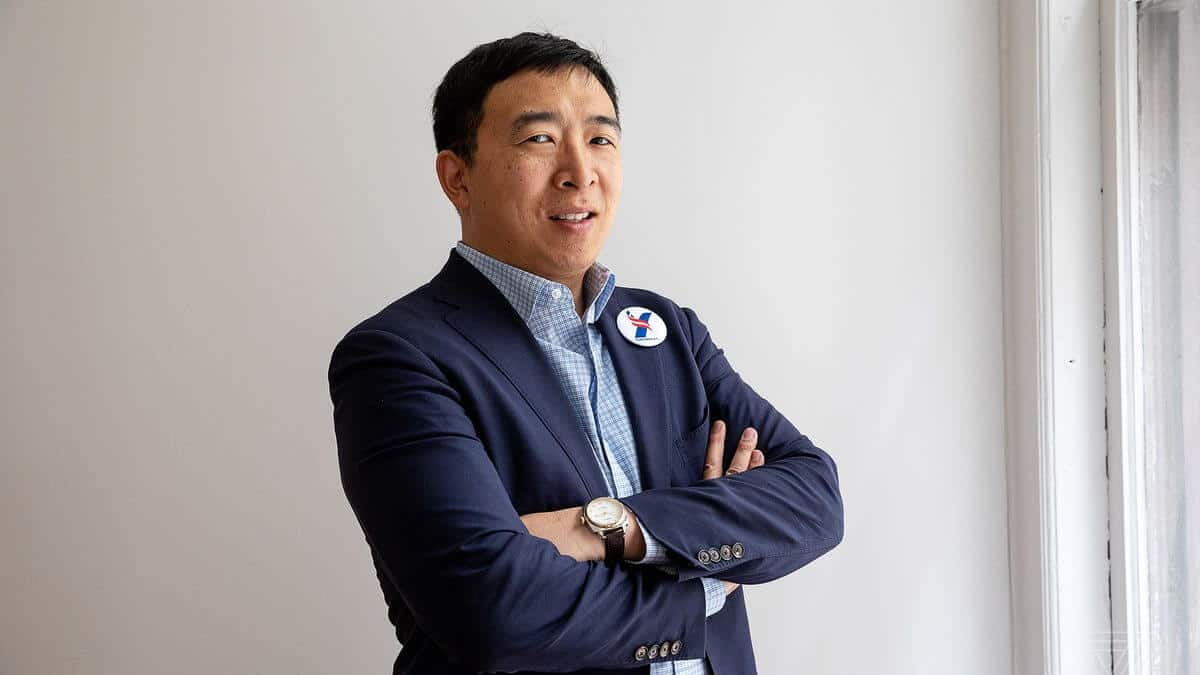Join Our Telegram channel to stay up to date on breaking news coverage
Everyone knows that the Tether stablecoin backed by the USD. Everyone knows about Libra, a proposed stablecoin with a bleak future at the time of writing. As the concept of stablecoin rises, so does the innovation around it. Now, there are stablecoins backed by other cryptocurrencies.
Stable Evolutions
Stablecoins were the natural answer to the industry-wide issue of cryptocurrencies being simply too volatile for viable commercial use. Stablecoins, as the name suggests, hold underlying assets to increase stability. It’s much like a far more conventional currency in regards to this.
Dai is taking the concept of a stablecoin in a new, confusing, and albeit exciting direction. Instead of taking gold or shares or even currency to back their coin, they’re instead using yet another cryptocurrency to keep the coin’s value: The Ethereum Coin.
It may sound counterintuitive to do so. At first and second glance, it looks strange and nonsensical, but the coin’s advocates explain that it’s possible through the use of smart contracts. These blockchain-based agreements, its terms set in the network’s immutable code, ensures Dai’s transparency while managing to keep a stable value.
The reasoning behind this change is mainly in a bid to avoid regulatory concerns. The logic behind the matter is that things like Libra and Tether are based on real-world assets, thus facing heavy scrutiny from global regulators. Dai is trying to cheekily tiptoe around this while remaining stable enough to be commercially viable.
Having been launched in 2017, Dai gave up its control of the Ethereum coins it uses to back its currency, locking them in smart contracts controlled by algorithms. Dai’s supporters cite this as the reason for the stablecoin’s success. It allows quick and stable transactions and value while avoiding the ire of the world’s regulators.
A Helping Hand
Dai isn’t wholly decentralized, but complete decentralization seems to be the long term goal of the Maker Foundation. The Copenhagen-run company, registered in the Cayman Islands, oversees the technology through the development of code and other aspects of Dai.
The Foundation’s head of smart contracts, Mariano Conti, expressed that he has hopes of the Foundation becoming obsolete in the span of 3 years or so. He explained that the Foundation’s purpose was to bootstrap the system until the system no longer needs them to support itself.
Unsure Regulators
The regulating bodies of the world aren’t quite sure what to make of Dai at this time. Crypto-backed stablecoins aren’t in the scope of last month’s G7 report, the group showing doubt about the crypto’s stability. Brittain’s Financial Conduct Authority (FCA) didn’t even consider Dai worth the term “stablecoin.” The FCA stated that these things needed to be reviewed on a case-by-case basis. The US regulators didn’t’ comment about the matter in a rare fit of silence.
Regulators will doubtlessly smash into Dai eventually. How well those regulations will work remains to be seen. Dai undoubtedly represents the next step in cryptocurrency technology, making one wonder where the technology will leap to next.
Join Our Telegram channel to stay up to date on breaking news coverage



